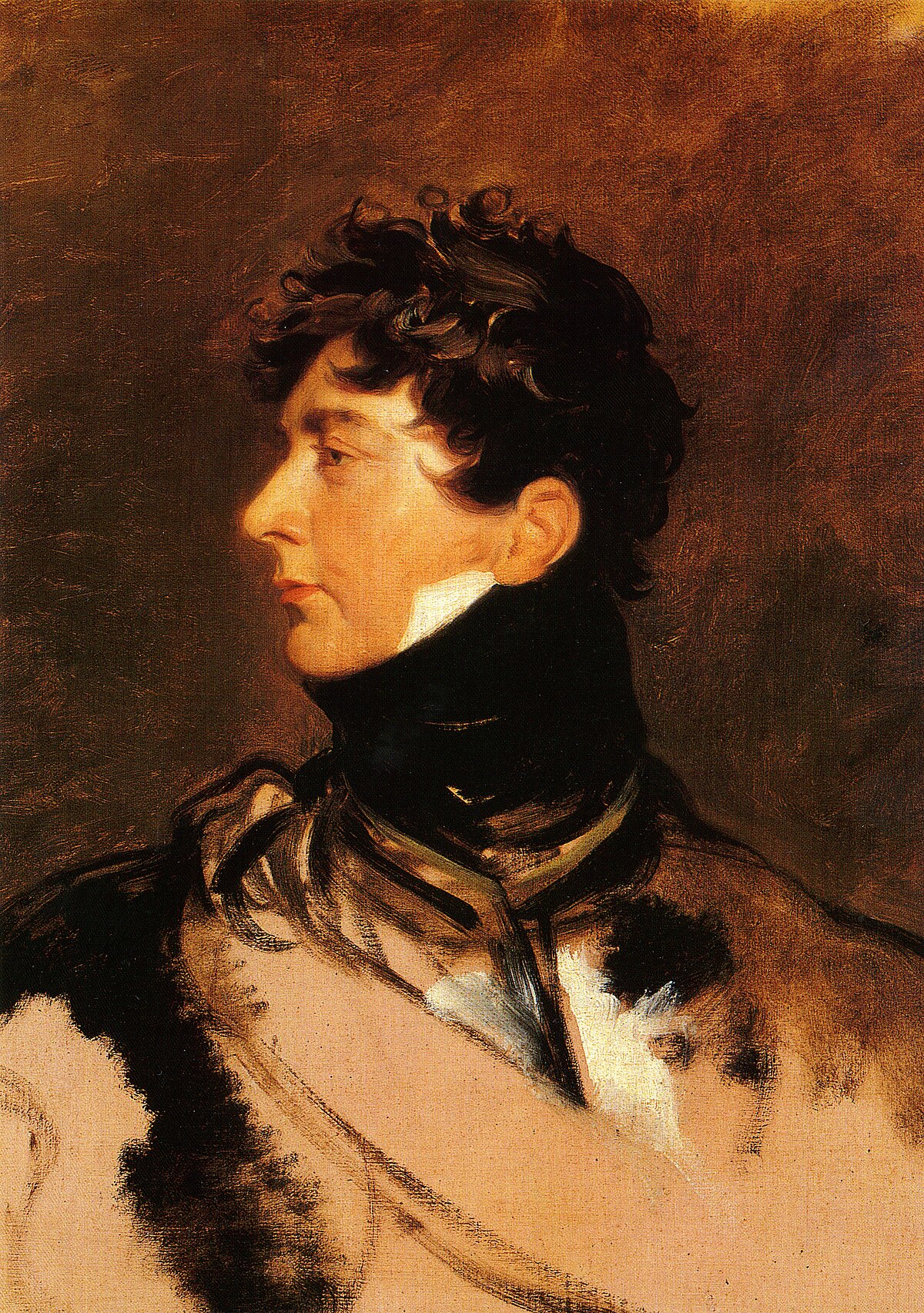
IQ? The answer isn’t straightforward, but several interpretations can help reconcile these seemingly opposing trends.
1. **Different Aspects of Intelligence**
It’s essential to recognize that IQ tests and reaction time may assess different facets of cognitive ability. While IQ tests often evaluate reasoning, problem-solving, and knowledge, reaction time may reflect more instinctive, immediate responses. This suggests that enhancements in higher-level cognitive functions (as indicated by IQ) don’t necessarily correlate with faster response times.
2. **Environmental and Societal Changes**
Over generations, significant shifts in environment, education, and lifestyle may influence cognitive engagement. While these changes could promote advanced reasoning skills, they might also result in less emphasis on quick reflexive responses. Modern education often prioritizes analytic thinking, possibly at the expense of speed.
3. **Adaptation of Cognitive Strategies**
As society evolves, so do cognitive strategies. Contemporary individuals might spend more time deliberating their responses, which could inadvertently lead to slower reaction times, all while enhancing the quality and depth of cognitive evaluations. A more strategic approach to tasks might yield thoughtful responses but could contribute to a minor delay in speed.
4. **Non-linear Evolution of Intelligence**
It’s possible that cognitive abilities aren’t improving uniformly across all dimensions. The rise in IQ reflected by the Flynn Effect may highlight specific skills and knowledge, while reaction times could represent a different aspect of cognitive processing that hasn’t evolved at the same pace.
In summary, while reaction time data might suggest a decline in speed, the implications of cognitive differences across generations are far more complex. The interrelationship between reaction times and IQ is multifaceted, emphasizing the need for continued exploration and nuanced understanding of human cognition across time.